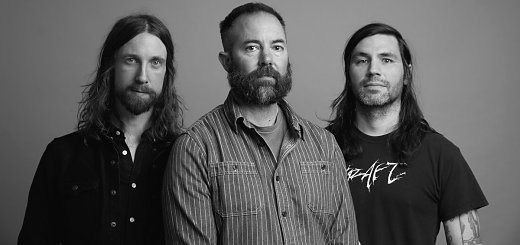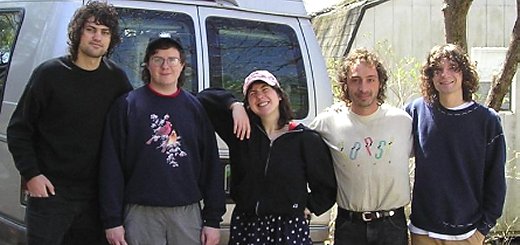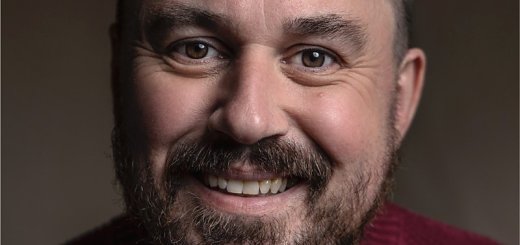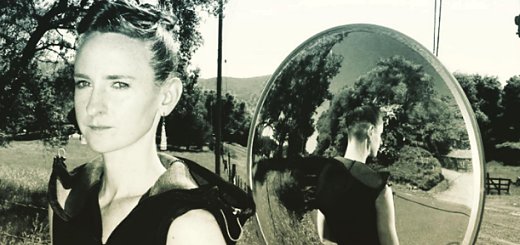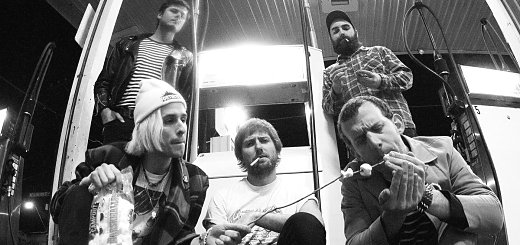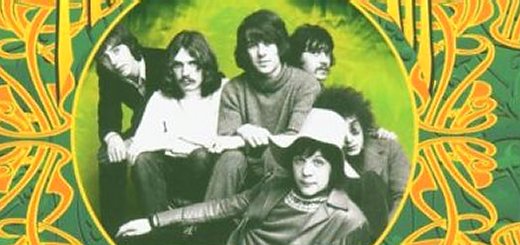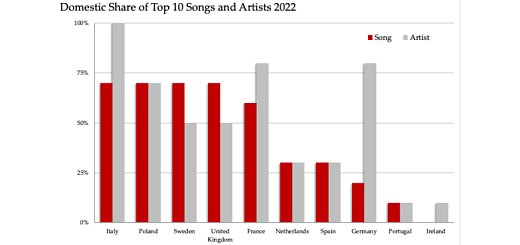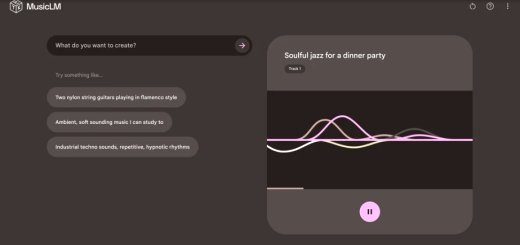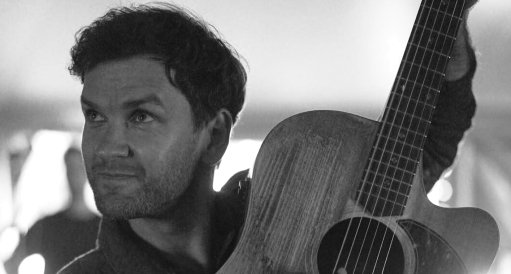
Michelle Lhooq talks to writer and scholar McKenzie Wark in her latest memo about raving culture, ravers, and what it means to different people. "If I go to the rave at four or five in the morning, it's a lot of people who do service work, and are used to being nice to people all day. There’s also sex workers, who similarly are having to use their body, their subjectivity, and their emotions in service of the job. They go to a space to get out of that. Then there are people like me—'intellectual workers'... When I’m in rave spaces, language is going on in my head, but I'm not paying attention to it. It's just there but I'm not in it". She also talks about being connected - "I don't think it's a bad thing for people to learn to be intimate with each other on the dance floor, in close proximity, to be vulnerable to each other. Sometimes, it makes very weak networks. But even those are not bad things to have. There's people around that you're gonna see in other contexts and you just know a little about each other. Yeah, it's not the revolution. It's not utopia. But it's not nothing".


